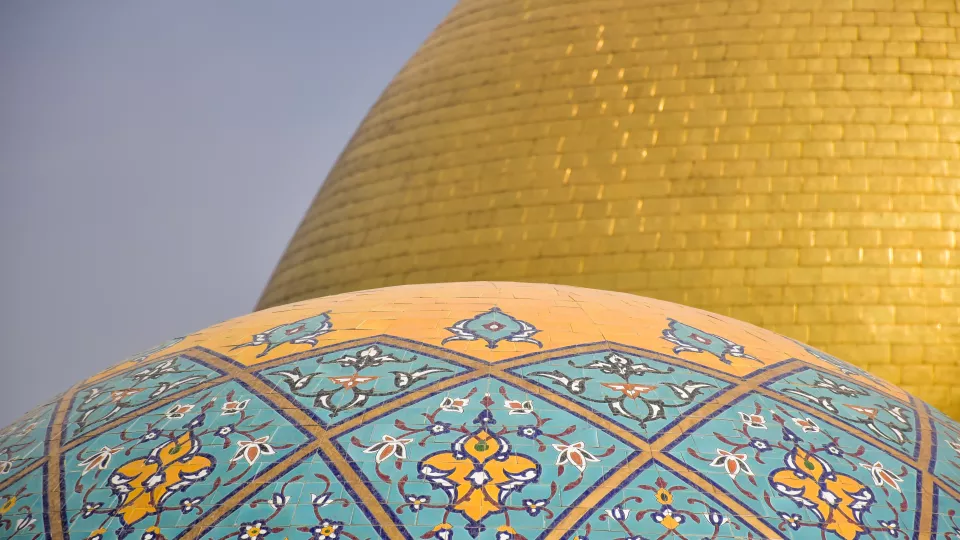May 19, 15:00-16:30, at CMES (Finngatan 16)
The Middle East has witnessed radical changes in the last 20 years with regimes being removed by foreign intervention (Iraq in 2003) or by the popular uprisings during the so-called Arab Spring in 2011. As the hopes for democratic transformation had mostly not been fulfilled, the immediate effect of these developments was in most cases the collapse of states, civil war, rising geopolitical rivalries and growing sectarian tensions.
This roundtable presents some of the results of a research project, funded by the European Research Council, which investigates how clerical, political and communal actors within transnational Twelver Shiism have responded to these developments. In most research on the post-Arab Spring Middle East, the involvement of Shii actors is either overlooked or reduced to political and militant movements aligned to Iran. The project expands the debate and also makes a wider contribution to studying resistance, diaspora and sensory material culture in the Middle East and beyond. The discussion in the roundtable will address how new modes of religio-political agency and resistance have been forged within contemporary Twelver Shii communities that challenge conventional forms of socio-political mobilization and also express disillusionment with such forms post-Arab Spring. Equally, the roundtable seeks to overcome perspectives informed by ‘methodological nationalism’ by highlighting the centrality of diasporic and transnational networks in shaping political and communal agendas in the Middle East. Finally, the discussion will also explore how the material and sensory culture of Twelver Shiism forges and articulates new formations of religious and political agency and resistance in the Middle East and beyond.
Participants
- Dr Oula Kadhum, Researcher in History of Religions and Religious Behavioural Science (LU)
- Dr Fouad Marei, Researcher in History of Religions and Religious Behavioural Science (LU)
- Dr Stefan Williamson Fa, Researcher in History of Religions and Religious Behavioural Science (LU)
- Dr Nada Al-Hudaid, Researcher in History of Religions and Religious Behavioural Science (LU)
- Chair: Professor Yafa Shanneik, Visiting Professor in History of Religions and Religious Behavioural Science (LU)


